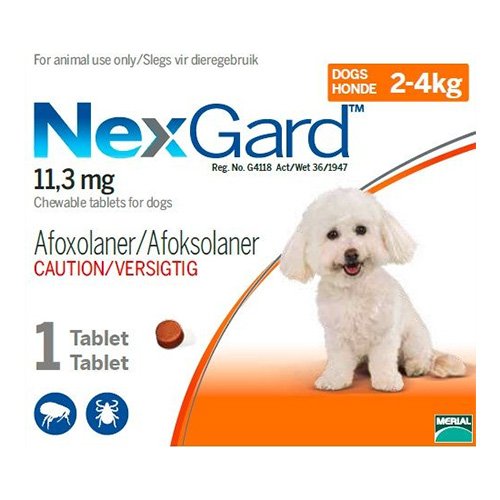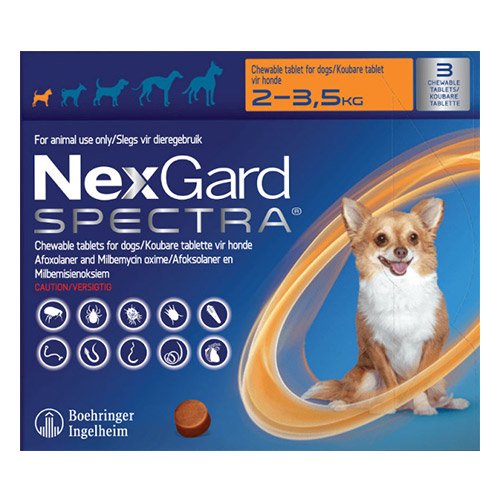Just a mere thought of bringing a new dog home brightens your eyes and brings a wide smile to your face, isn't it? Dogs make a furr-tabulous addition to your family as they shower an abundance of unconditional love and unwavering kindness. But parenting a dog also requires you to live up to the responsibilities and commitments that come with it.
If you are excited about bringing a new dog home but confused about which breed to go with, worry not! We are here to help you with this so that you can make the right decision and keep your canine companion hale and hearty.
5 Factors to consider while choosing the right dog breed
Let’s have a quick rundown of 5 important factors in choosing the right dog breed for you and your family:
- Size of a dog: The size of a dog is one of the important factors in deciding the breed according to your lifestyle. Smaller breeds such as Beagle, Chihuahuas or French Bulldogs require less space to roam in the house and little physical activity compared to large-sized dog breeds such as Golden Retrievers, German Shepherds or Great Danes who need spacious environments to roam freely. You can choose the dog breed according to your living space, everyday activity and convenience.
- Grooming & maintenance: Grooming is essential for every dog breed; however, some dogs require daily grooming while others need minimal care. Long-haired dog breeds such as Shih Tzu or Poodle require more grooming to prevent matting and tangling, whereas short-haired breeds such as Beagles or Dachshunds usually require less grooming and maintenance. Consider choosing the dog breed keeping their grooming needs in mind.
- Energy levels & temperament: Every dog is unique and so are their energy levels and temperament which help decide the compatibility with their human parents. Some breeds such as Border Collie or Siberian Husky are known for their high energy levels that require more playtime and challenging exercises. On the other hand, others such as Basset Hound or Bulldogs with laid-back personalities easily adapt to a relaxed lifestyle. Additionally, some dog breeds have a calm and friendly demeanour, allowing them to bond well with children and other pets. On the other hand, some breeds have a little aggressive and curious nature, making them great hunters and protectors. Make sure you consider your preferences and choose a high- or low-energy dog breed.
- Health conditions & vet care: Some dog breeds are known for their good immunity and therefore, sound health while certain dog breeds are susceptible to various health problems and require frequent vet visits. This can be expensive and may cost you a lot of time. Large dog breeds typically incur higher veterinary costs compared to small breeds. Keep these factors in mind while choosing a dog breed for your family.
- Training & sociability: Training and socialisation are crucial to enhance your dog’s behaviour, improve compatibility and form a strong bond with their human parents. While some dogs are easily trainable, others may require a lot of mental stimulation and a consistent training approach. Dog breeds such as German Shepherd or Golden Retriever are highly intelligent and excel in obedience training while breeds such as Basset Hound or Basenji are stubborn and difficult to train, requiring a lot of patience during training. Socialisation is another aspect to consider as some dogs love to be around people while others may be reserved and like to spend time with limited people.
Bottom Line
Every dog is adorable and extraordinary in their own way, but how they fit into your lifestyle, home environment and family habits matters the most. So, if you are planning to welcome a new dog home, make yourself aware of everything ranging from their training to health concerns so that you can choose the right one. Remember, with the right information and approach, you can select the ideal dog breed that suits your routine and make a fur-ever addition to your family.












